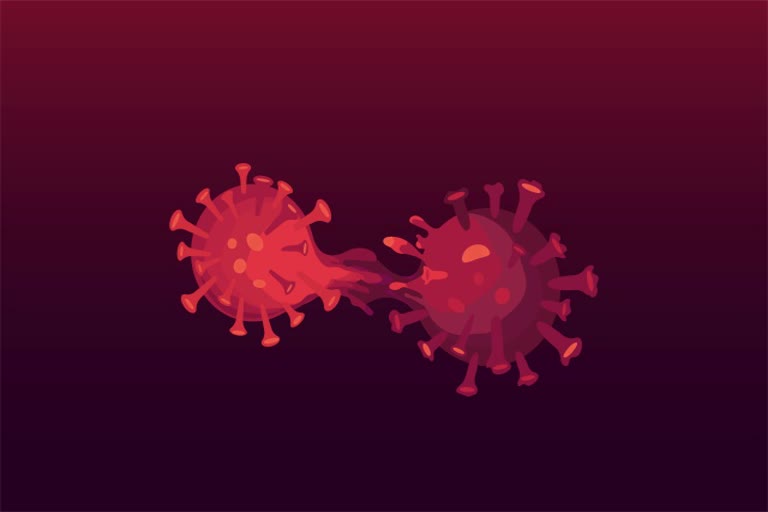The study found that people who produced a weak immune response signature, obtained at one and six months post-infection, failed to show any neutralizing antibodies against the Alpha variant, with none mounting a neutralizing antibody response against the Beta variant.
The preprint study was led by the University of Oxford, in collaboration with the Universities of Liverpool, Sheffield, Newcastle, and Birmingham, suggests that whether it is a 'symptomatic' or 'asymptomatic' infection, it does not necessarily protect people long-term from COVID-19, particularly against new Variants of Concern.
"Our study is one of the most comprehensive accounts of the immune response following COVID-19 in both symptomatic and asymptomatic individuals. It is very important that we all get the Covid vaccine when offered even if you think you may have previously had Covid-19," said Christina Dold, from the University of Oxford.
Also Read: Preventing Caregiver Burnout In COVID-19.
"We found that individuals showed very different immune responses from each other following COVID-19, with some people from both the symptomatic and asymptomatic groups showing no evidence of immune memory six months after infection or even sooner," Dold added.
The study examined how the immune system responds to COVID-19 in 78 healthcare workers who had experienced either symptomatic or asymptomatic disease. An additional eight patients who experienced severe disease were included for comparison.
Blood samples were taken monthly from 1-6 months post-infection to examine different elements of the immune response. The report details a highly complex and variable immune response following COVID-19 infection.
The team found an early immune signature, detectable one month post-infection and linked to both cellular and antibody immunity, which predicted the strength of immune response measured at six months post-infection. This is the first time that such a signature has been found and improves understanding of the development of lasting immunity.
While the majority of people who had symptomatic disease did have measurable immune responses at six months post-infection, a significant minority (26 percent) did not. The vast majority of people who experienced asymptomatic disease (92 percent) did not exhibit a measurable immune response at six months post-infection, the researchers said.
(IANS)



